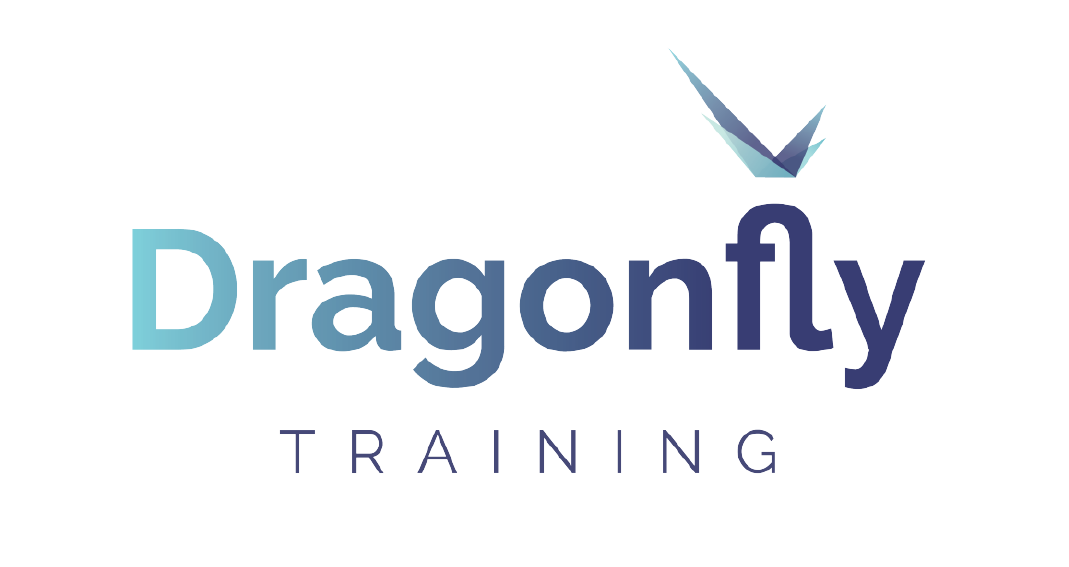Assessing Pupil Progress in Today’s Blended Learning Classrooms
Delivered by Dragonfly Training, this three-hour interactive course will look at how the assessment of pupil progress can be effectively delivered in today’s blended learning classrooms. The course will take place on 20 January, 9.30-12.30 GMT.
Description

Drawing on current research, author of “Progress Plain and Simple”, Michael Harpham, leads a thought-provoking workshop on how teaching, learning and the assessment of pupil progress can be effectively delivered in today’s blended learning classrooms.
Course outcomes:
- Practical strategies to effectively support remote teaching and learning
- Practical strategies to effectively assess progress remotely
- Five research-led approaches to measuring progress, in the classroom or online
- Practical strategies to secure and evaluate distanced progress over time
Additional information:
This three-hour, interactive online course is delivered by Dragonfly Training. Participant numbers are limited and early booking is recommended.
This course has now been confirmed.
Booking process:
Delegate fees:
£135 per COBIS Member delegate
£145 per Non-Member delegate
Please note, bookings from within the UK will be liable for VAT. If you wish to book from within the UK, please email events@cobis.org.uk.
Presenter
Michael Harpham has twenty-five years’ highly successful teaching experience, fourteen of those at senior leadership level - as an Assistant Headteacher, Deputy Headteacher and Headteacher - in a broad range of secondary schools, His book for teachers on improving pupil progress, entitled: “Progress Plain and Simple: What every teacher needs to know about improving pupil progress” was published by Routledge in March 2020. Michael is an NPQML, NPQSL and NPQH Coach and Assessor and he is currently completing a doctorate researching senior leadership teamwork. Michael provides training for schools and universities on: leadership; strategic and operational leadership; change management; improving systems, processes and policies; curriculum development and delivery; safeguarding, behaviour and pastoral leadership; communications and marketing. He also provides coaching for staff and leaders.
Target audience:
Secondary teachers and leaders